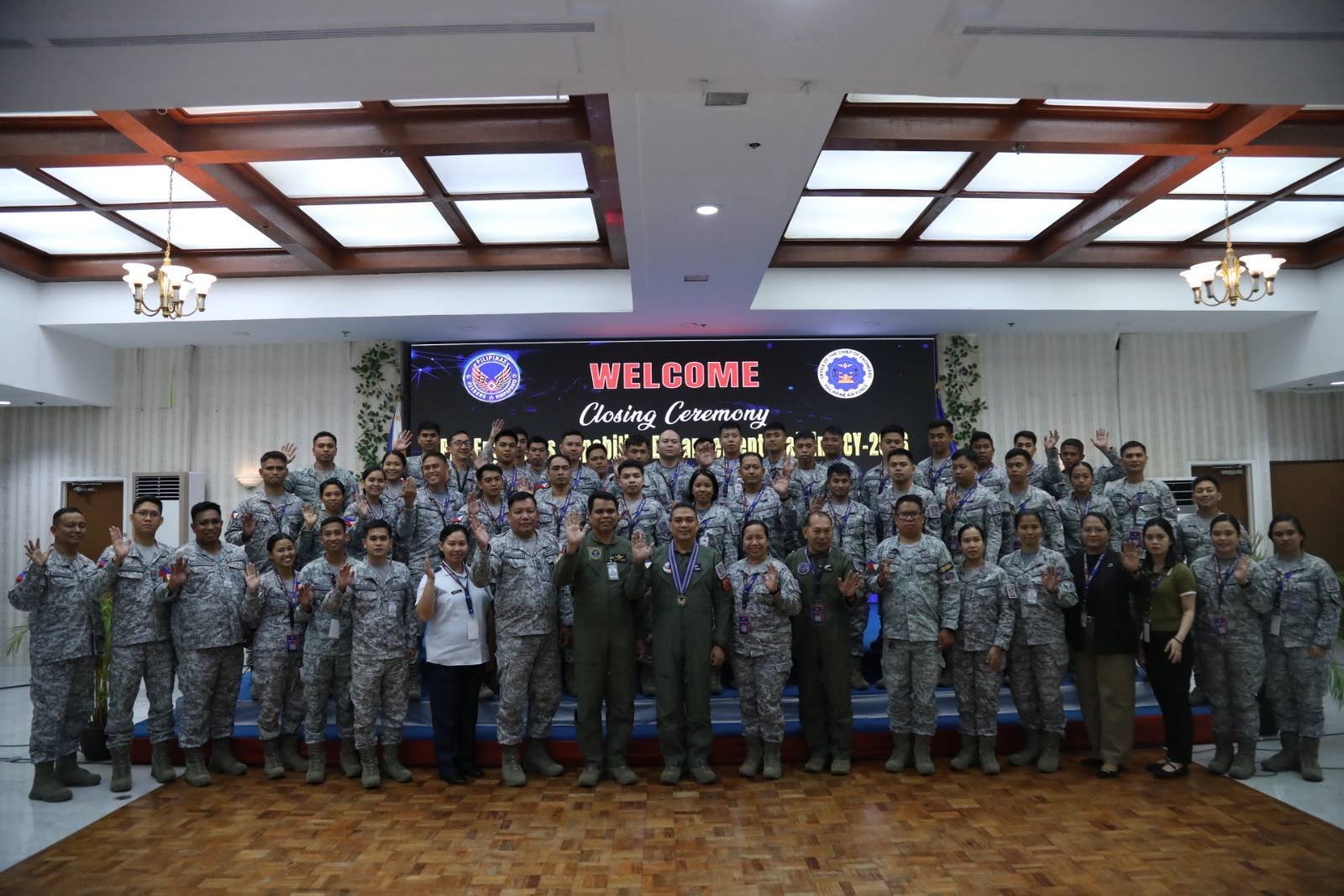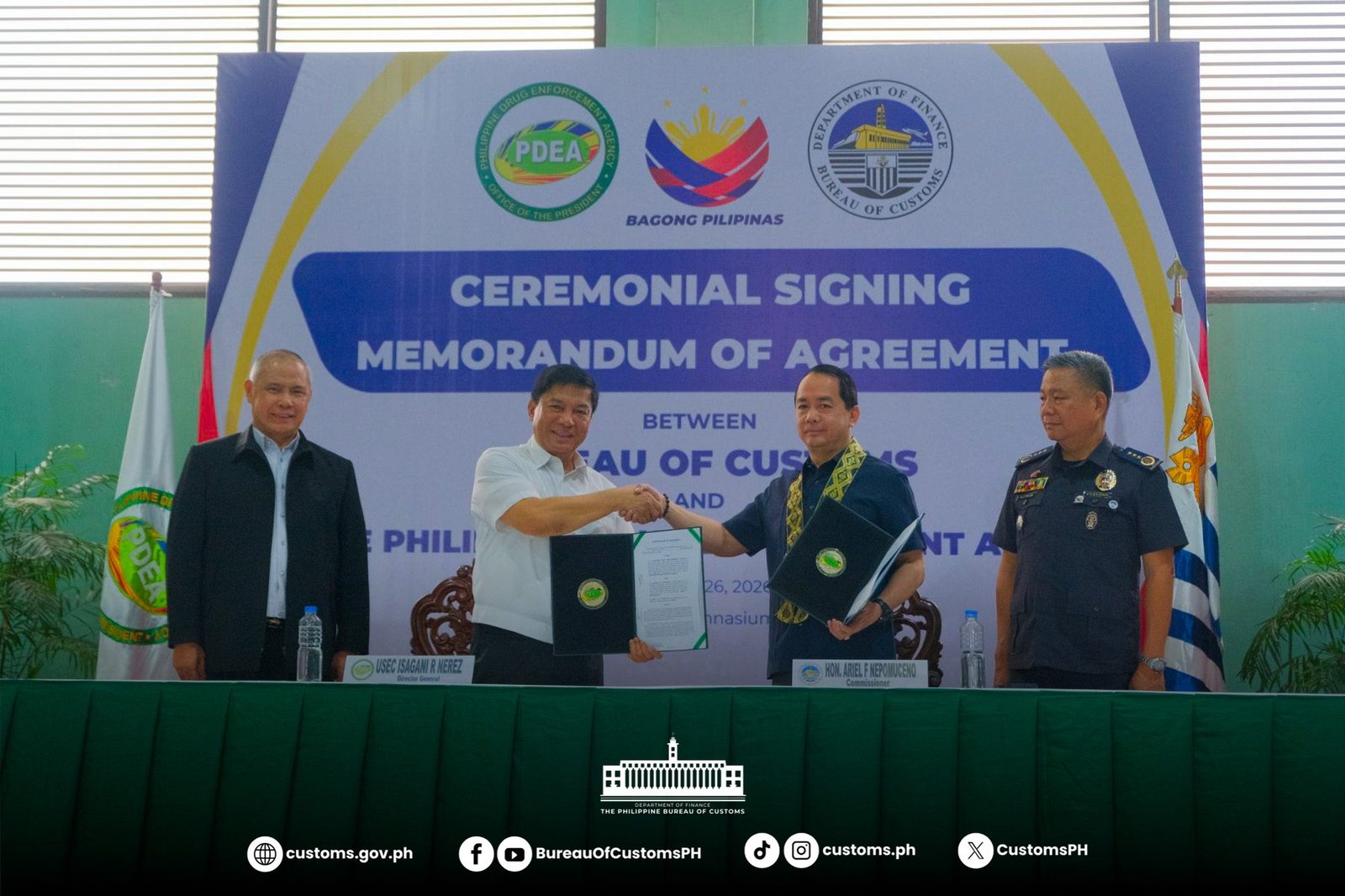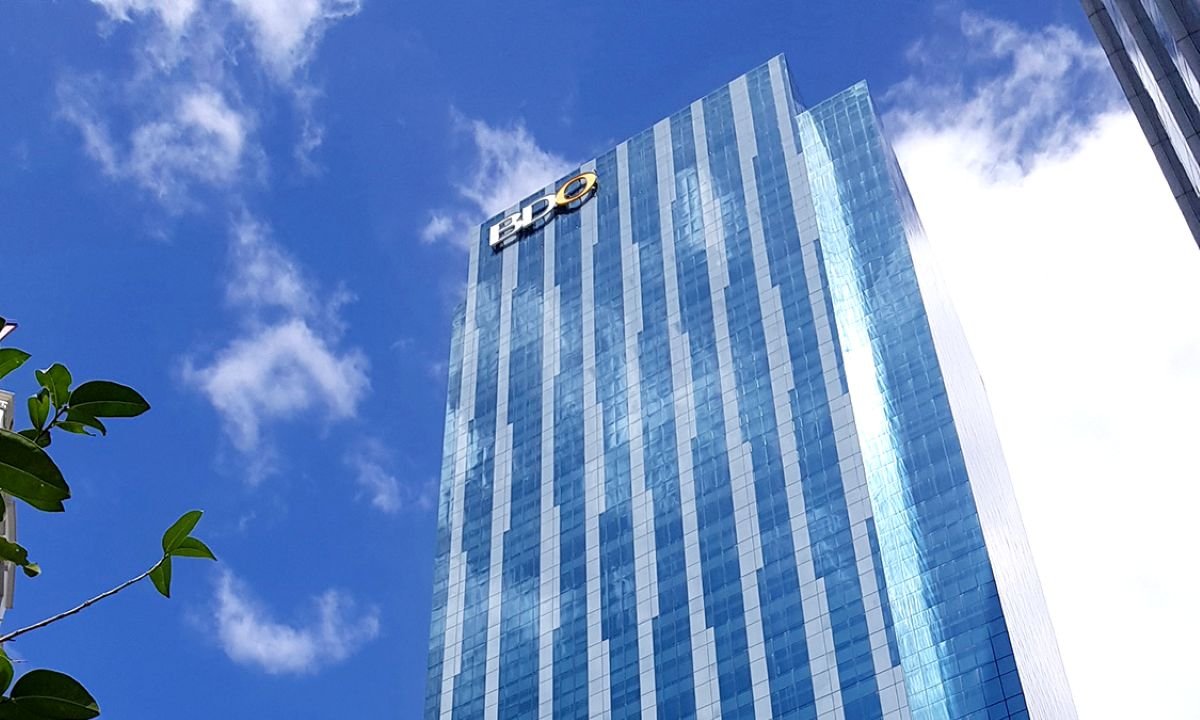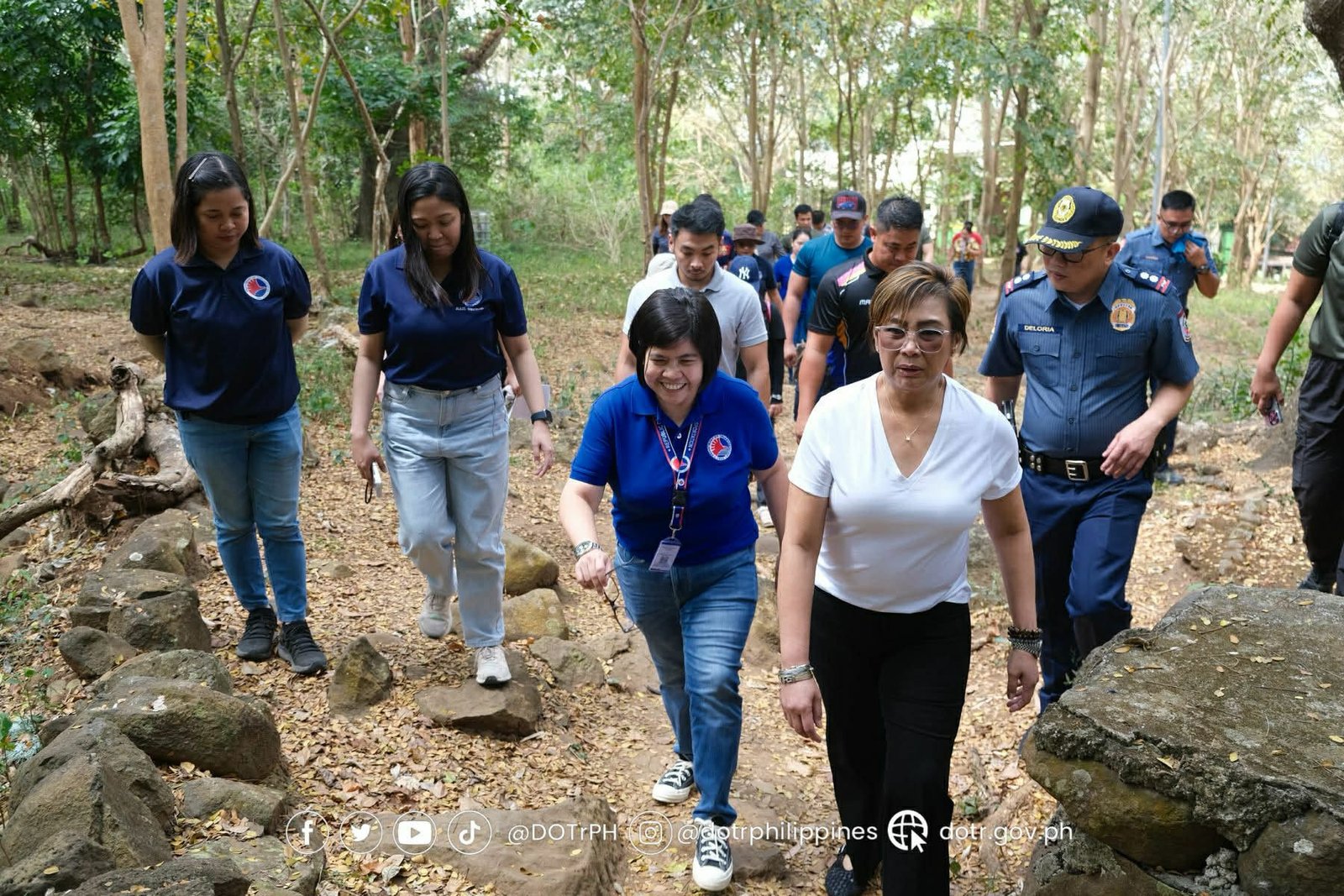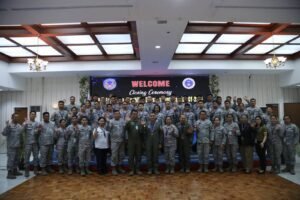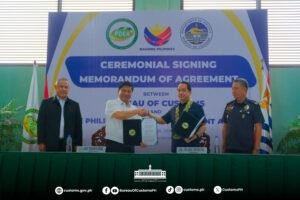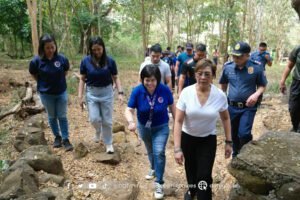The 11th Sangguniang Panlalawigan of the Province of Bulacan presided by Vice Gov. Alexis C. Castro proposed an ordinance to disallow the operation of Philippine Offshore Gaming Operations (POGO) within the territorial jurisdiction of the province.
During its committee hearing held at the Benigno Aquino Session Hall in Malolos City last July 3, the SP took this step following reports of the proliferation of POGO operations that have been causing various social, economic, and security issues in the entire country.
“The Provincial Government of Bulacan genuinely believes that the adverse impacts of POGO operations surpass their alleged economic benefits and can potentially worsen existing social ills while posing a threat to the country’s overall economic stability,” as stated in the draft ordinance.
According to Castro, recent joint operations of the Criminal Investigation and Detection Group (CIDG) and Presidential Anti-Organized Crime Commission (PAOCC) in the nearby provinces of Pampanga and Tarlac revealed that inside tall buildings and vast properties are various crimes including the use of illegal drugs, prostitution, and online scamming are taking place.
Several manifestations coming from opposite sides, in support and opposing the proposed ordinance, were delivered during the committee hearing including San Rafael Mayor Cholo Violago, Bulacan Police Provincial Office Provincial Director PCol. Relly B. Arnedo, City of Malolos Councilor Emmanuel Sacay, Association of Barangay Chairman-Angat Chapter Capt. Alexander M. Tigas, among others.
The vice governor recognized the manifestations and assured that it would all be discussed further on the next Committee of the Whole hearings.
Last June 26, Governor Daniel R. Fernando has issued Executive Order No. 19, series of 2024 enjoining the close monitoring of POGOs in the province.
As per the EO, all Local Chief Executives in the province are expected to make an inventory of all POGO operations within their respective jurisdictions; monitor whether such POGO operations have the appropriate government licenses and approvals; and conduct appropriate regulatory inspections on such POGO operations.


